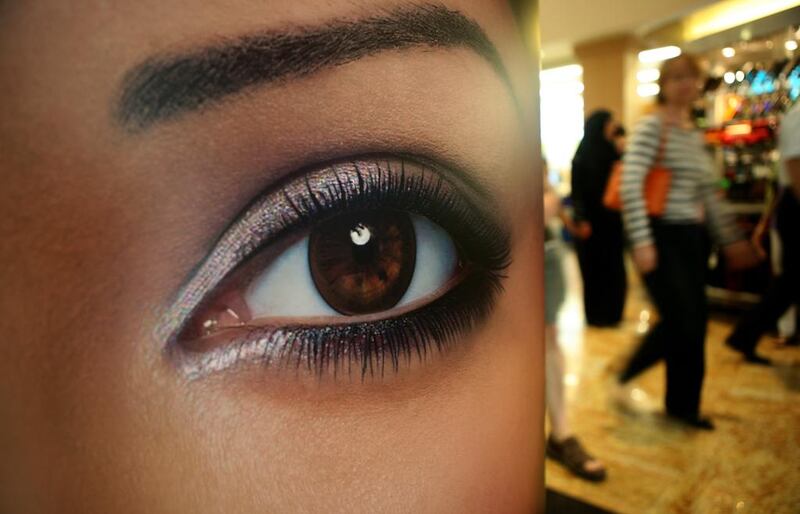When I was in college, one of my teachers posed an interesting question: “Who among you is satisfied with your body image?” Out of 25 students, only two girls nodded in agreement. I was one of them.
A recent study by Zayed University found that around 75 per cent of girls are dissatisfied with their physical appearances and more than 80 per cent of those surveyed believed that ideally, to look good, one should be thin or, in extreme cases, emaciated.
There has been plenty of research to indicate that many women are negatively affected by constant exposure to models that fulfil an unrealistic ideal of beauty.
The result is that many women report being unhappy with their appearance.
Popular culture plays a big role in manipulating people’s perceptions about right and wrong, and good and bad.
As advertisements highlight ultra-slim figures, many women with perfectly normal figures feel they are somehow abnormal.
They feel that they need to shed weight to look better and to conform. This has led some in our society to believe that size zero and two models represent the ideal. How sad.
Whether you agree with it or not, having a “perfect” body is a dream held by many women.
However, such standards of beauty are almost completely unattainable for the majority and what we see in the world of brand advertisements is rarely based in reality.
A large number of the models we see on television and in advertisements are well below what is considered a healthy body weight.
The use of such models sends an implicit message that in order for a woman to be beautiful, she must be unhealthy.
While this is a discussion in society that many from the West will be familiar with, it is one that is now also being heard all around the world.
Health experts and psychologists are trying to generate awareness about this issue to make women understand that not all of what they see is real, that while the camera never lies, appearances can also be deceiving and that the tricks of Photoshop are often deployed to create the “perfect” image.
There are different ways to fight this problem.
For instance, “Love Your Body” campaigns have sprung up in parts of the western world to help raise awareness about body image.
But even these campaigns provide only half an answer: they encourage women to love who they are, while also appearing to say that they would be having more fun if their bodies were closer in size to that of a model.
Personally speaking, body image has never been an issue with me. By admitting that, I also accept that I am very lucky.
I am content and happy with who I am and how I look. I believe that the body is God’s gift, but I also understand that the views I hold may not be held by everyone. I also understand that some people might have some genetic issues that make them prone to being obese or overweight and that losing weight may pose them great challenges.
I also believe that a tough exercise workout can transform every one of us.
And I believe in willpower. Nothing comes in a fancy gift box unless you work for it.
There isn’t a magic spell to help you reach your desired figure, but hard work, discipline and a great will to achieve will carry you a long way towards your goals – as will a healthy attitude towards the messages about body shape that are constantly pumped out on TV and elsewhere in the media.
SAlAlawi@thenational.ae





